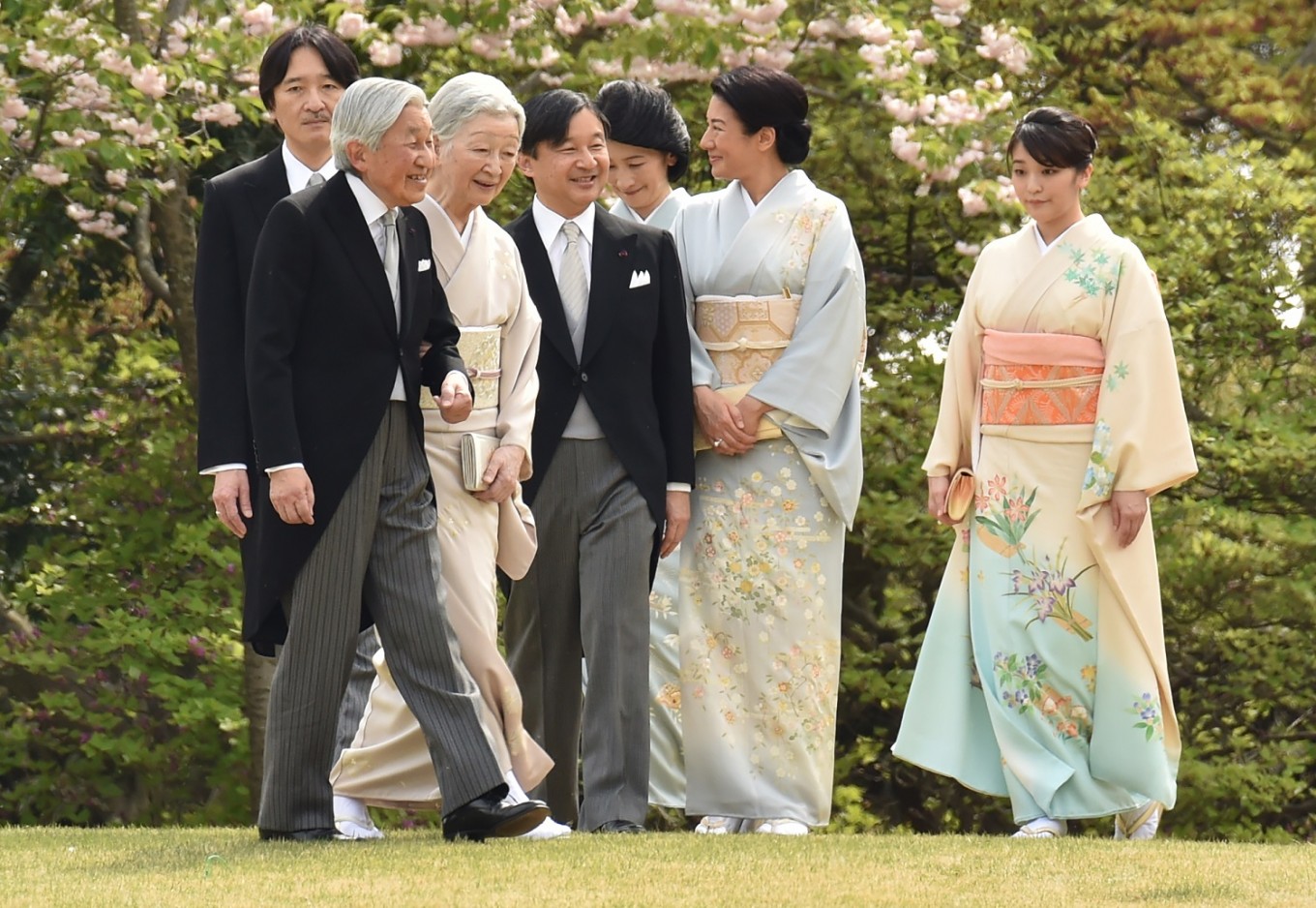Popular Reads
Top Results
Can't find what you're looking for?
View all search resultsPopular Reads
Top Results
Can't find what you're looking for?
View all search resultsJapan emperor's abdication date gets Cabinet approval
Change text size
Gift Premium Articles
to Anyone
T
he Japanese government on Friday officially set the date for the Emperor’s abdication as April 30, 2019, with Cabinet approval of an ordinance that sets the special measures law on the abdication to take effect on the same date.
The crown prince is formally set to ascend the throne the following day, May 1. A new era will begin that day, putting an end to the Heisei era after 30 years and three months. It will be the first abdication in about 200 years, since Emperor Kokaku stepped down in 1817. The current Emperor will be referred to as joko heika after he abdicates. The government intends to hold an enthronement ceremony in the autumn of 2019.
“From now on, a wide range of preparations need to be made toward the Imperial succession,” Prime Minister Shinzo Abe said at an informal Cabinet meeting on Friday. “I want to take all possible measures to ensure the Emperor’s abdication and the crown prince’s enthronement go smoothly.”
The government plans to fully proceed with consideration for naming the era after Heisei. The new era will be the 248th in Japan. The government intends to announce the new era name next year to ensure sufficient time for system changes and other adjustments. The way the era name is determined will basically be in line with the procedures taken for the Heisei era, which started in 1989.
A committee led by Chief Cabinet Secretary Yoshihide Suga is scheduled to launch in early January to deepen discussions, including on the way the ceremonies for the abdication and enthronement should be held.
An abdication ceremony will be held for the first time under the current Constitution, which designates the Emperor as a symbol of the state. Given that, the government apparently intends to carefully consider the formalities.
The government is likely to designate May 1, 2019 — the date for the crown prince’s accession to the throne and the start of the new era — as a national holiday or a day off. This would be to minimize the effect of the era change on people’s lives. The government will also consider whether Dec. 23, the current Emperor’s birthday, should remain as a national holiday.
The abdication date of April 30, 2019, has been selected because unified local elections set for April that year will have ended. Also, the Diet is expected to effectively be in recess during the Golden Week holiday period. The government has concluded that such circumstances would allow the abdication and accession to take place in a “politically quiet setting,” according to a government source.
A ceremony marking the 30th anniversary of the death of Emperor Showa will be held on Jan. 7, 2019. The government has also placed importance on the Imperial Household Agency’s view that an abdication after that ceremony is desirable.
The Imperial House Council — which included the heads of the administrative, legislative and judicial branches of the government and Imperial family members — reached a consensus that the abdication date would be April 30, 2019, upon a proposal by Abe, who chaired the council. The council’s opinion was then reported at a Cabinet meeting Tuesday.
The special measures law stipulates the Empress will be referred to as jokogo heika, and that Prince Akishino will be referred to as koshi denka, becoming first in the line to the throne. Under the law, new sections to handle the affairs of the joko and the koshi will be established at the Imperial Household Agency.
After the abdication, the government will launch discussions based on the law’s additional resolution regarding the creation of female Imperial branches that would allow female members to retain Imperial status even after marrying commoners.










